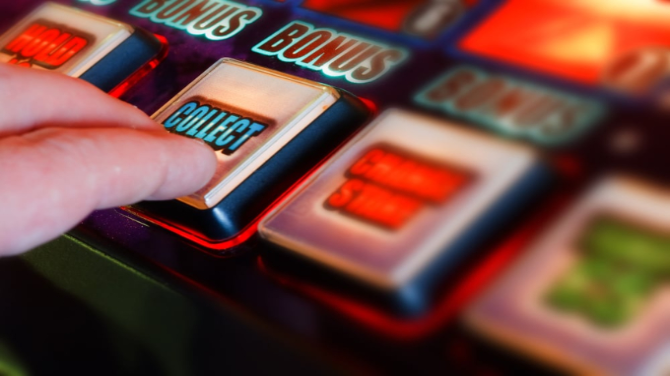Knowing When to Walk Away: Tips for Gamblers
Tips & Tricks
11 October 2022
One of the most valuable skills a gambler can develop is knowing when to walk away. Whether you're winning or losing, setting boundaries and sticking to them keeps gambling enjoyable and controlled. Here are some practical tips to help you decide when it’s time to step back.
1. Set Win and Loss Limits Before You Start
Establishing both win and loss limits is one of the simplest ways to ensure you walk away at the right time.
- Define a win limit: Decide on a specific profit margin (e.g., 20% above your initial stake). Once you reach this amount, consider cashing out and celebrating the win.
- Set a loss limit: Choose a maximum amount you’re comfortable losing without negatively impacting your finances or mood. Reaching this limit means it’s time to stop.
- Stick to these limits: Pre-set limits remove the guesswork, helping you stay focused and avoid getting swept up in emotions.
2. Watch for Emotional Cues
Your emotional state is a powerful indicator of when to walk away, as heightened emotions can lead to impulsive decisions.
- Recognize frustration and irritation: If you start feeling frustrated after consecutive losses, it may be time to stop.
- Avoid the “chasing losses” mindset: Trying to win back lost money often leads to even bigger losses. Walking away prevents a cycle of regret and emotional decision-making.
- Stay level-headed: Positive emotions can be just as influential. If you’re feeling overly excited after a win, resist the urge to increase bets impulsively.
3. Use Time Limits to Avoid Extended Sessions
Setting time limits can prevent you from playing too long, which often leads to fatigue and poor decisions.
- Set a timer or alarm: Decide on a specific session length before you start, and stick to it.
- Schedule regular breaks: Take short breaks every hour or so to reassess your goals and refresh your focus.
- Reflect on progress during breaks: Use breaks as an opportunity to assess your win/loss status and decide if it’s time to wrap up.
4. Avoid Gambling to Escape
Gambling as a way to escape stress or boredom can quickly spiral out of control. Recognizing this urge and choosing other outlets is an important skill.
- Identify emotional motivations: If you’re gambling due to stress, sadness, or boredom, take a step back and try a different activity.
- Use other activities for relaxation: Instead of gambling as a distraction, consider other hobbies like reading, exercising, or spending time with friends.
- Seek support if needed: If you find yourself using gambling as a primary way to cope with life’s stresses, reaching out for support may help.
5. Take Wins and Losses in Stride
A balanced perspective on both wins and losses helps you stay objective and maintain control over your decisions.
- Treat wins as bonuses, not expectations: View any win as a bonus, not as guaranteed income. This mindset makes it easier to walk away without feeling pressured to continue.
- Accept losses gracefully: Losses are part of the experience, and accepting them with calmness helps you avoid chasing them.
- Remember your primary goal: Keeping entertainment as the core purpose of gambling will make walking away easier, even during a losing streak.
6. Review Your Gambling Goals Regularly
Reviewing your goals helps you maintain perspective and reminds you of your intentions, whether it’s purely for fun, occasional excitement, or social interaction.
- Check in with your intentions: Before each session, remind yourself why you’re gambling and what you hope to achieve.
- Evaluate each session: After gambling, reflect on whether your session aligned with your goals. If you notice patterns of overstepping boundaries, consider adjusting your approach.
- Set specific goals for future sessions: Use each gambling session as an opportunity to set mindful goals for the next, reinforcing the habit of responsible play.
At Fair Casino Rank, we believe that knowing when to walk away is an essential skill for every responsible gambler. Walking away at the right time ensures that gambling remains a controlled, enjoyable activity. By setting clear limits, monitoring emotions, and understanding personal motivations, you’re better equipped to make the most of your gaming experience while keeping it safe and sustainable. Remember, the best moments in gambling come when you play within your limits, walk away at the right time, and feel good about the experience.













